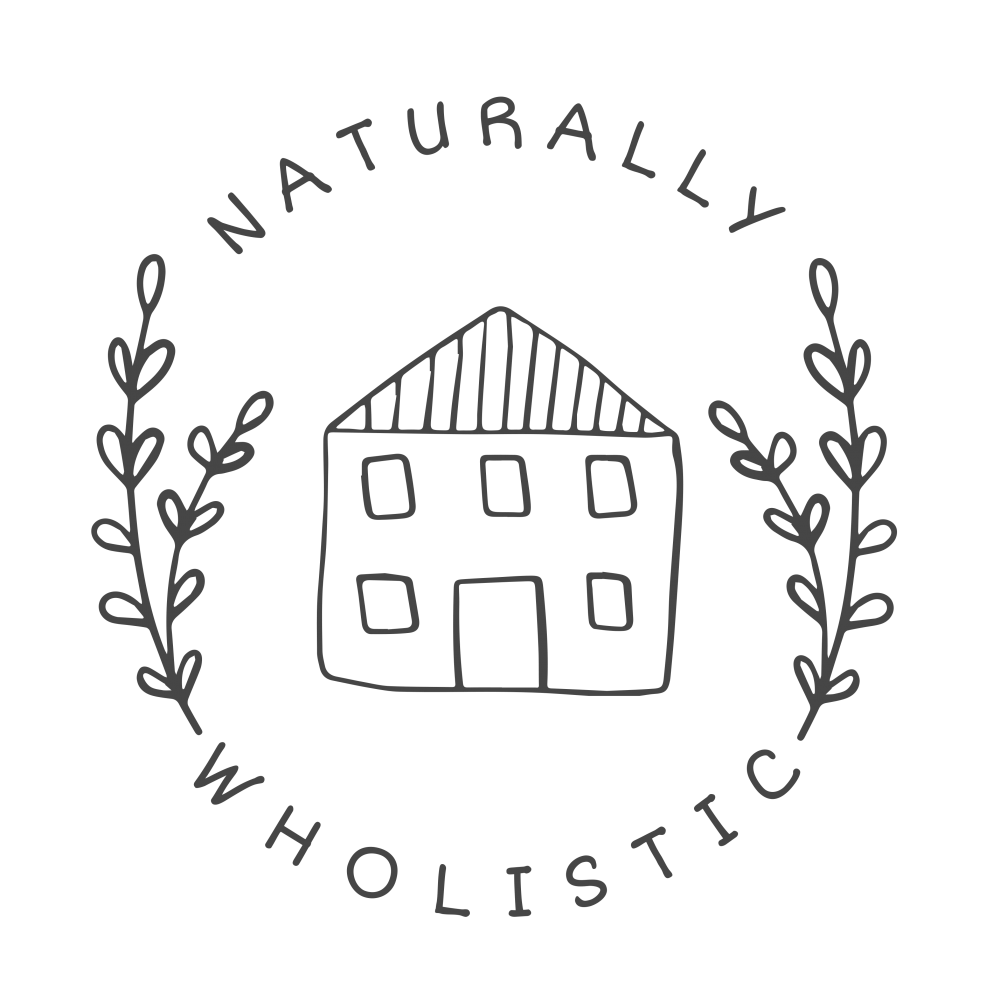.jpg) I’ve written before about why organic food is (generally) a better option overall, but I would like to bring attention to a recent peer-reviewed study that demonstrates just how significantly going organic can reduce pesticide levels in the body. With reduced pesticide ingestion being one of my main reasons for eating organic, the study is super confirming for me. In assessing levels of insecticides, herbicides, and fungicides, the authors found that eating organic for just one week reduced levels of pesticide toxins in urine by 60%! They concluded:
I’ve written before about why organic food is (generally) a better option overall, but I would like to bring attention to a recent peer-reviewed study that demonstrates just how significantly going organic can reduce pesticide levels in the body. With reduced pesticide ingestion being one of my main reasons for eating organic, the study is super confirming for me. In assessing levels of insecticides, herbicides, and fungicides, the authors found that eating organic for just one week reduced levels of pesticide toxins in urine by 60%! They concluded:
“An organic diet was associated with significant reductions in urinary excretion of several pesticide metabolites and parent compounds. This study adds to a growing body of literature indicating that an organic diet may reduce exposure to a range of pesticides in children and adults.” (source)
Similarly, a 2015 experiment conducted by the Swedish Environmental Research Institute concluded that eating organic food for two weeks eliminated almost all traces of pesticide toxins from the participants’ bodies.
The question remains, however, why should we care?
No matter your thoughts on farming practices, the bottom line is pesticides are chemicals created with the intent to kill living organisms. Research shows they are linked to hormone disruption, cognitive/behavioral problems, and cancer in humans. The U.S Environmental Protection Agency (EPA) admits on their website that:
“The health effects of pesticides depend on the type of pesticide. Some, such as the organophosphates and carbamates, affect the nervous system. Others may irritate the skin or eyes. Some pesticides may be carcinogens. Others may affect the hormone or endocrine system in the body.” (source)
.jpg) The website goes on to share about how they use information regarding toxicity of pesticides, including what protective gear must be worn when applying pesticides. I would argue, however, that any pesticide requiring protective gear to lower the applicator’s risk of contact should not be sprayed on the food we eat. The EPA also shares about their human health benchmarks, which are explained as acceptable pesticide levels that they deem as posing no health threat to humans. This may sound promising, but it means there is a level at which these pesticides are eventually not safe for humans. With that in mind, I am curious about the methods they use to control those levels in nature to keep them in the acceptable range. How do they stop pesticide runoff levels from accumulating in certain areas? And what happens when levels do exceed the human health benchmarks?
The website goes on to share about how they use information regarding toxicity of pesticides, including what protective gear must be worn when applying pesticides. I would argue, however, that any pesticide requiring protective gear to lower the applicator’s risk of contact should not be sprayed on the food we eat. The EPA also shares about their human health benchmarks, which are explained as acceptable pesticide levels that they deem as posing no health threat to humans. This may sound promising, but it means there is a level at which these pesticides are eventually not safe for humans. With that in mind, I am curious about the methods they use to control those levels in nature to keep them in the acceptable range. How do they stop pesticide runoff levels from accumulating in certain areas? And what happens when levels do exceed the human health benchmarks?
Given the length of time it took the EPA to admit that other pesticides (like DDT in 1972) were harmful, I am personally skeptical of how they arrived at their human health benchmarks. The EPA still allows glyphosate even though it has been labeled as a probable human carcinogen and is known to be responsible for many other negative health effects.
So, while eating organic is more expensive, it truly is the best way to reduce these toxins from our bodies. If you are able to grow any of your own food organically, go for it! It’s the best way to know where your food comes from and it’s fantastic fun that the whole family can join in on! If you don’t have a lot of outdoor space, container gardening can be extremely successful too. I always enjoy getting out in my garden and growing new foods, but I also shop organic produce whenever available, too. The EWG’s Dirty Dozen/Clean 15 lists are great guides to keep handy while shopping. I know it can feel overwhelming but we are our own best advocates and are ultimately the ones responsible for our families’ health – it’s worth the effort and expense!






